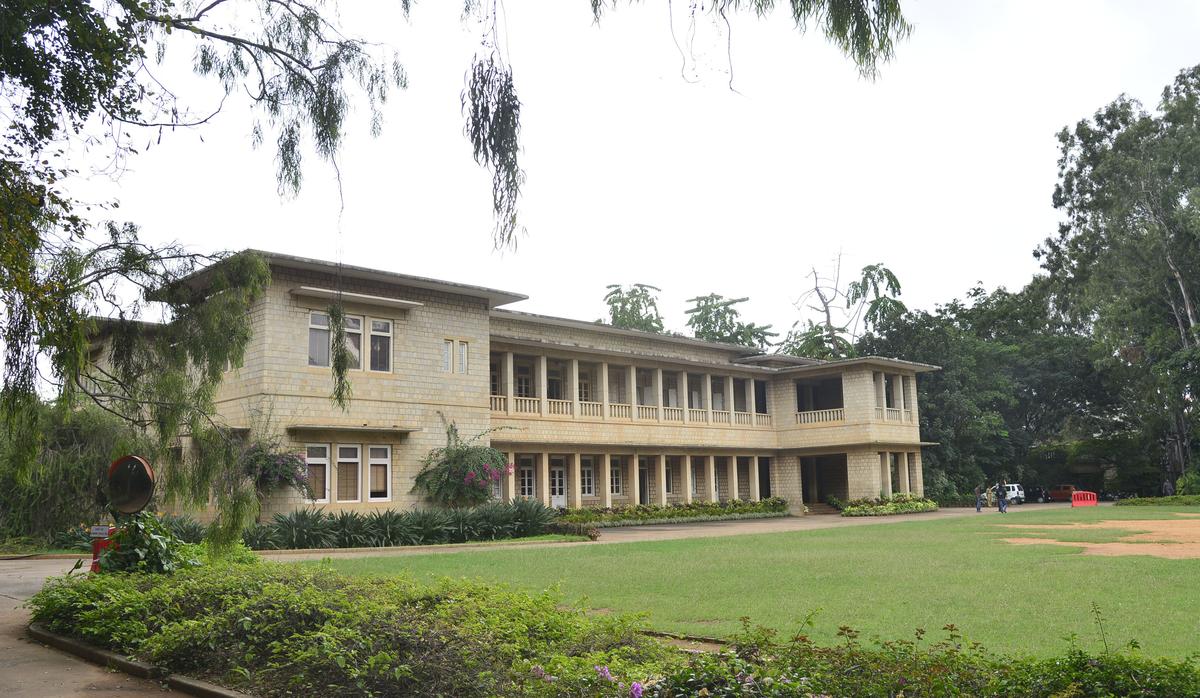- Courses
- GS Full Course 1 Year
- GS Full Course 2 Year
- GS Full Course 3 Year
- GS Full Course Till Selection
- Online Program
- GS Recorded Course
- NCERT (Recorded 500+ Hours)
- Polity Recorded Course
- Geography Recorded Course
- Economy Recorded Course
- AMAC Recorded Course
- Modern India, Post Independence & World History
- Environment Recoded Course
- Governance Recoded Course
- Science & Tech. Recoded Course
- International Relations and Internal Security Recorded Course
- Disaster Management Module Course
- Ethics Recoded Course
- Essay Recoded Course
- Current Affairs Recoded Course
- CSAT
- 5 LAYERED ARJUNA Mentorship
- Public Administration Optional
- ABOUT US
- OUR TOPPERS
- TEST SERIES
- FREE STUDY MATERIAL
- VIDEOS
- CONTACT US
AMU Minority Status
AMU Minority Status
Context: The Supreme Court has reserved its judgement regarding the minority status of Aligarh Muslim University, which was established by Sir Syed Ahmad Khan.
Who was Sir Syed Ahmed Khan?
- He was a famous Muslim leader and social reformer of 19th-century India.
- He worked to improve educational backwardness among Muslims and founded the Muhammadan Anglo-Oriental College (MAO), which later became Aligarh Muslim University (AMU).
- He aimed to prepare Muslims for government services by providing Western education in addition to the Quran.
- Also, he advocated for women's education, recognizing its importance for societal progress.
Timeline of Events:
|
1875 |
Establishment of MAO College to address the educational backwardness among Muslims in India |
|
1920 |
MAO College gains University status through an Act of the Indian Legislative Council, becoming AMU. |
|
1967 |
Supreme Court in S. Azeez Basha vs. Union of India Case ruled that AMU was not established nor administered by the Muslim minority as it was created by an act of the Centre. |
|
1981 |
An amendment was made in the AMU Act to provide minority status. |
|
2005 |
AMU introduced a reservation policy which provided 50% reservation to Muslims in medical courses. But, Allahabad High Court cancelled it along with the amendment of 1981. |
|
2016 |
The government withdrew its appeal, saying it couldn't back setting up a minority institution in a secular country. |
|
2019 |
Chief Justice Ranjan Gogoi referred the matter to a larger 7-judge Bench for a detailed examination. |
|
2024 |
Supreme Court has reserved the judgement on this case. |
What is Minority Status?
- Minority status acknowledges and provides legal protection to groups or communities that are numerically smaller or historically marginalized.
- But, the term "minority" is not specifically defined in the Constitution of India.
- Identification of minority groups is a concurrent subject under the 7th Schedule of the constitution which means both the central and state governments have a role in its determination.
- The central government defines minorities under Section 2(c) of the National Commission for Minorities Act, 1992.
- According to this act, minority communities in India include Muslims, Christians, Sikhs, Buddhists, Parsis, and Jains.
- Also, Article 30 of the Constitution minorities the right to establish and administer educational institutions of their choice.
- They can receive compensation if their property is acquired by the government.
- Also, they can receive financial assistance from the government to support their operations and the government cannot discriminate against minority institutions while giving such assistance to any institution.
- The National Commission for Minority Educational Institutions (NCMEI) Act was passed to safeguard these rights through the commission.



